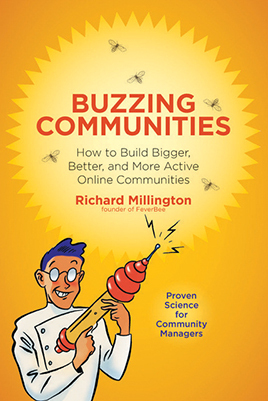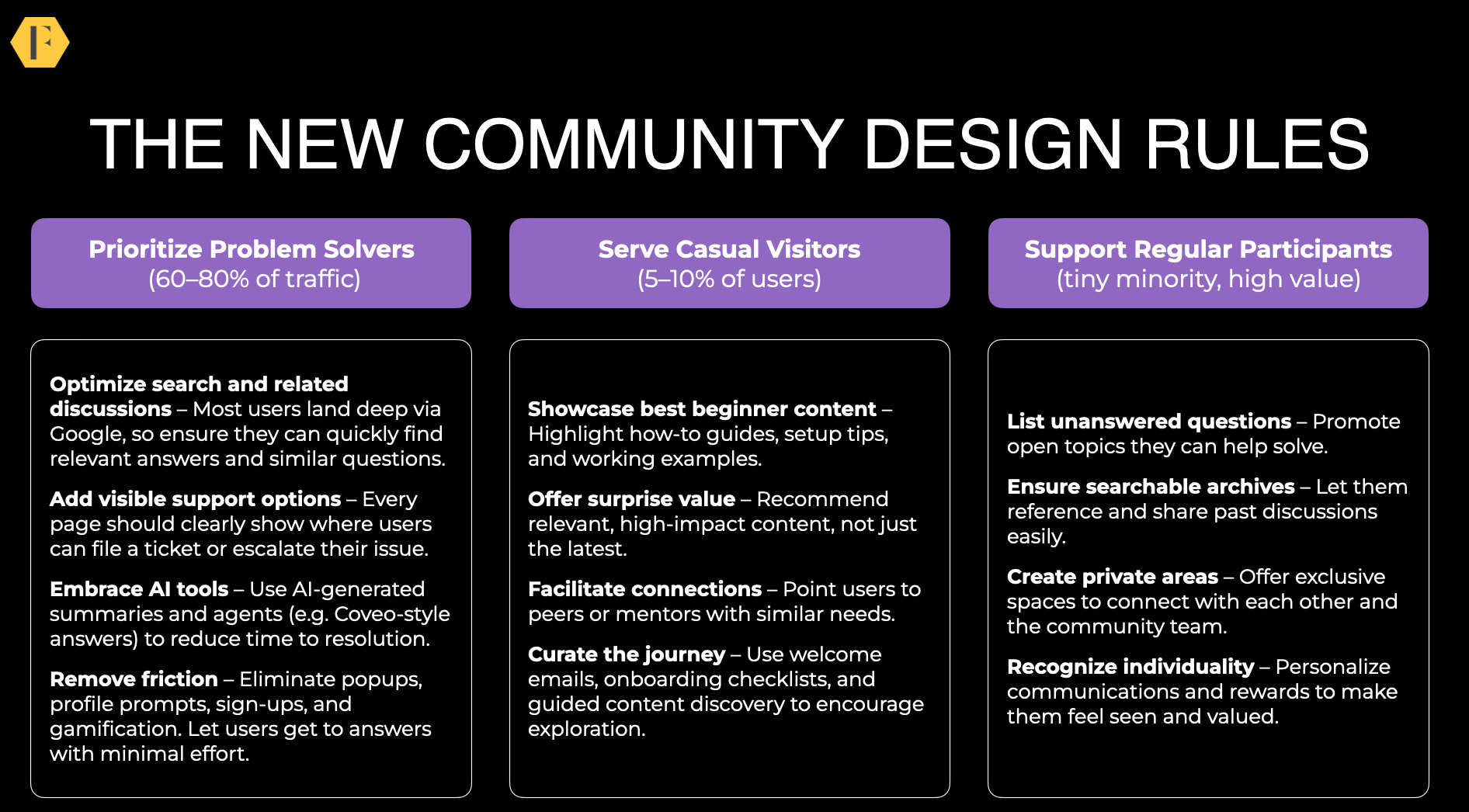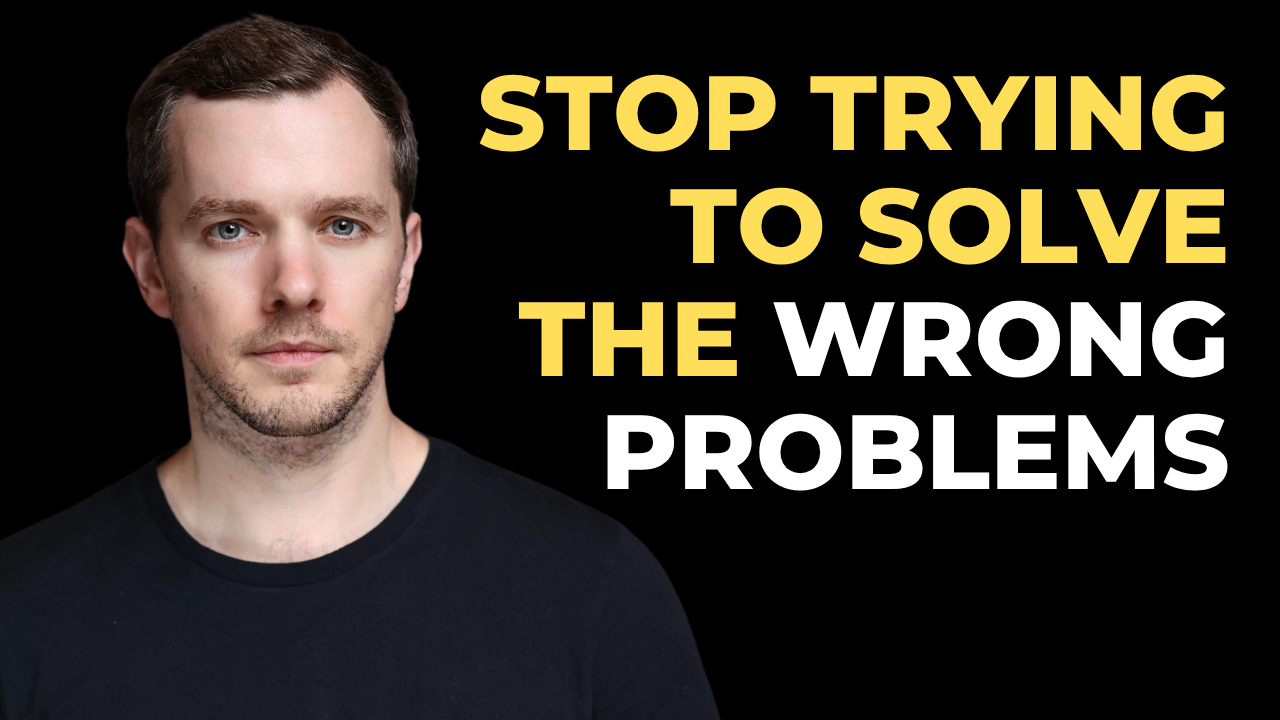You wouldn’t want your CEO to follow a quick and simple guide to running a business.
Running a business is complicated. There are lots of moving parts. Each moving part affects the direction of other moving parts. Sure, you can plan out what you’re going to do. But everyone else has their own motivations and is making their own plans too. The magic in running a business isn’t so much what you plan to do. The magic is quickly adapting to new information to achieve the best outcome possible.
The same is true with building a community. Lots of moving parts. Lots of adapting to new information.
Our search for ever simpler templates ignores a simple reality; building a community is complicated. The simpler and shorter the template, the more material has to be cut out.
Simple templates lack the very thing that make most communities succeed, adaptability. You can map out the community against stakeholder objectives. You can develop a clear plan of action, but what happens when the stakeholder objectives conflict and a major news story makes the entire plan redundant?
Or the board splits 3 to 4 against what your research says would make your community amazing?
Or the community manager fights with his boss and quits? Or your boss’ boss disagrees with your boss on your idea?
Or traffic isn’t growing as fast as you predicted?
Or the platform vendor raises their prices without warning at the last minute?
Or someone insists the platform can’t go live until it integrates with another platform – but this wasn’t mentioned beforehand and you’ve already gone live?
Or 10 of your most popular members insist on removing another member (who hasn’t broken any rules) or they’ll start their own community?
Or a new free platform like Reddit/Facebook begins swallowing up your members?
Or Google Analytics data conflicts drastically with platform data making any analysis impossible?
Or members aren’t talking about the things you need them to talk about?
Or a flood of disruptive members target your community to make their protest on a political matter?
Or activity is skyrocketing but you don’t seem to be getting enough value from the community?
Every one of these situations has happened to our clients over the years. Simple templates didn’t help us tackle any of these challenges.
Situations like these feel like the exception. But you’ll soon discover these exceptions take up the bulk of your time. The exceptions are the norm in this work. To get better we don’t need simpler solutions, we need to get better at tackling each unique situation as it arises. That means seeking out people who have been through something similar. It means understanding more universal principles behind what motivates people and how they’re likely to respond to different situations. It means looking for more complex information.
Simple plans will rarely help because the very simplicity which makes them popular and palatable to a mass audience also removes the complexity that makes them useful for the unique challenges you





